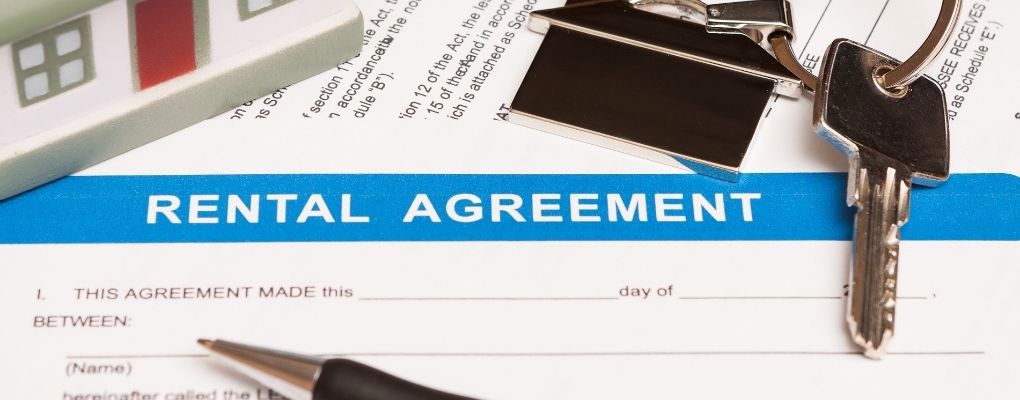
Reading Time: 3 Minutes
What Do the Residential Tenancies Amendment Act Reforms Mean for Tenancy Agreements?
The Residential Tenancies Amendment Act 2020 recently passed into law. Most changes are due to come into effect six months after the date of Royal Assent, which was achieved on August 11, 2020.
As the changes for landlords are substantial, we will summarise what the changes mean for Crockers’ clients in a series of three articles. This, our second article, looks into changes to tenancy agreements under the reforms.
Rent Increases Limited to Every 12 Months
Previously, rent increases were limited to once every 180 days (six months).
Under the new law, landlords can only increase rent once every 12 months for any given tenancy.
This change came into force on the day following Royal Assent of the Bill, 12 August 2020. However, as there continues to be a freeze on rent increases under the COVID-19 legislation, rent increases can only take effect from 26 September 2020.
Any rent increase notices given to tenants from 12 August 2020 must comply with the new 12-month rule. If a notice was given before 12 August 2020, it is still within the 180-day rule.
Tenancy Agreements Must Include Minimum Information
Previously, while the Act listed the minimum information required for a tenancy agreement there was no penalty for failing to provide this information, even though it could result in parties having difficulty enforcing their rights.
Under the new law, landlords who fail to ensure that the contents of their tenancy agreements include all the required information will be committing an unlawful act and exemplary damages may apply.
The maximum potential penalty which may be ordered for failing to comply with this part of the Act is $750.
Assignments
Previously, fixed-term tenancy agreements could prohibit assignment.
Under the new law, all requests to assign a tenancy must be considered. If a residential tenancy agreement prohibits assignment, the prohibition is of no effect.
- All assignment requests must be considered by the landlord and landlords cannot unreasonably decline an assignment request.
- A landlord must not attach any unreasonable conditions to the consent.
- If a tenant makes a written request for the landlord’s consent to an assignment and identifies and includes contact details for the proposed assignee, the landlord must respond to the request in writing within a reasonable time period.
- A tenant engages in an unlawful act if the tenant assigns the tenancy without the prior written consent of the landlord.
The maximum penalty which may be ordered against a tenant for assigning without the landlord's consent is $750.
Requirement to Retain Documents
Previously, landlords could charge reasonable fees on agreement to assignment, subletting or ending a tenancy (break lease fees), but did not have to disclose how the fees were calculated. Under the Healthy Homes Standards, landlords would have had to keep various records and provide them on request to the Regulator (MBIE).
Under the new law, landlords will have to provide tenants with a breakdown of fees charged on agreement to assignment, subletting or ending a tenancy. This will allow tenants to have the opportunity to consider whether the fees are reasonable. Landlords will be obligated to provide Healthy Home Standards records to tenants on request. Landlords will have to retain additional documents and provide them to the Regulator if required.
Other Changes
We cover reforms to terminations and other changes resulting from the Act in these two further articles.
Access the Residential Tenancies Amendment Act 2020, or for further information contact the helpful Crockers Property Management team.







